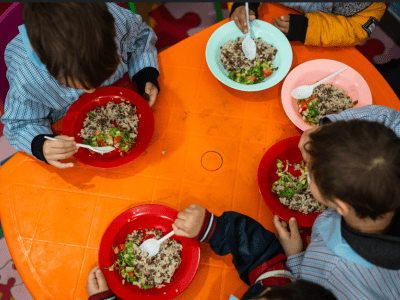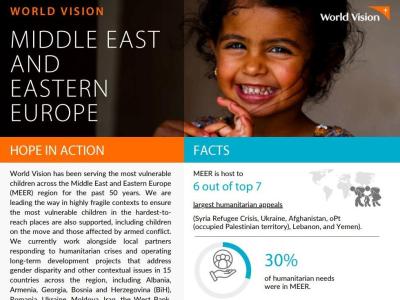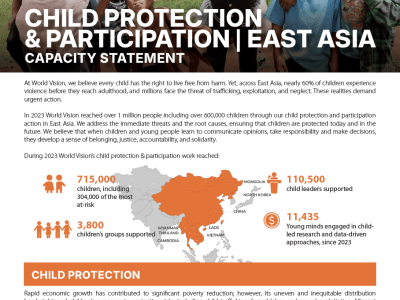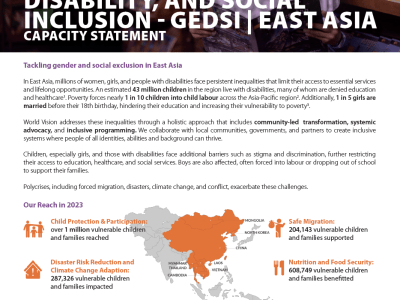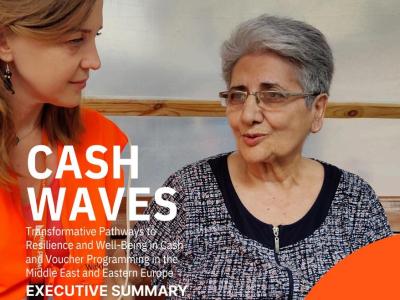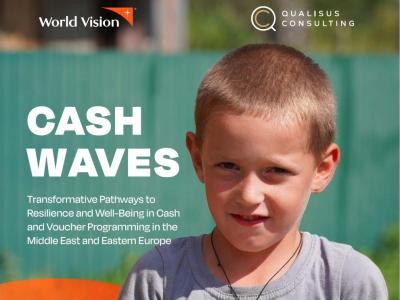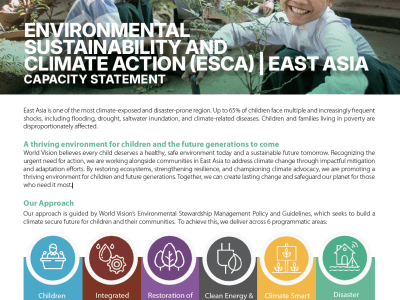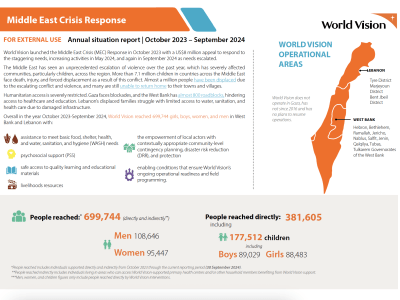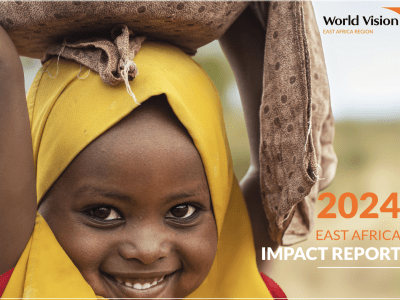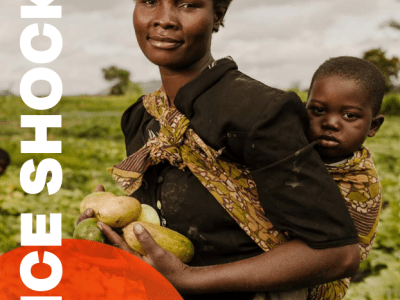publication / March 5, 2025
Middle East Crisis (MEC) Response |LEBANON SITREP #12
Following the second deadline for the cessation of hostilities on 18 February 2025, the country to the south of Lebanon withdrew from population centres in southern Lebanon while maintaining a military presence in five strategic locations along the Blue Line. Despite these developments, military tensions persisted, with reports of demolitions and shelling in border villages before and after the withdrawal, resulting in civilian casualties, raising the total number to 4,200 civilian deaths since the escalation. Meanwhile, protests erupted in Beirut, Bekaa, and Mount Lebanon between 14 and 16 February over internal political disputes, further heightening instability in the country.
Humanitarian conditions remain critical, with 98,994 people still displaced outside their district of origin, while 950,652 have returned home despite extensive damage to infrastructure and limited access to essential services. Entire neighbourhoods, particularly in border villages, have been left in ruins due to sustained bombardments, with water networks, electricity grids, and medical facilities heavily damaged or rendered inoperable. Schools and hospitals have suffered significant destruction, depriving communities of essential healthcare and education services. Additionally, roads and bridges in affected areas remain impassable, further obstructing aid delivery and recovery efforts.
Lebanon is also facing an increasing humanitarian burden due to the arrival of 89,400 people from Syria into Baalbek Governorate, including 20,000 returning Lebanese, further straining already overstretched resources. With fluctuating displacement trends and ongoing security challenges, the country remains in a fragile state, requiring sustained international support to stabilise affected communities, rehabilitate vital infrastructure, and ensure access to essential services for those in need.
publication / March 10, 2025
World Vision MEER Regional Brief: FY24 (between 1 October 2023 - 1 October 2024)
We cannot do it alone. Empowering local actors to lead the response, recovery, rehabilitation and development in their countries is a top priority, and building their capacity supports us to achieve our goals of ensuring every girl and boy has what they need to live a life in all its fullness. We partner with supporters, governments, local communities, faith leaders, civil society, faith-based organisations to support the needs of children and their families throughout the region
publication / March 5, 2025
East Asia Capacity Statement | Child Protection & Participation
At World Vision, we believe every child has the right to live free from harm. Yet, across East Asia, nearly 60% of children experience violence before they reach adulthood, and millions face the threat of trafficking, exploitation, and neglect. These realities demand urgent action.
publication / March 10, 2025
East Asia Capacity Statement | Gender Equality, Disability & Social Inclusion
In East Asia, millions of women, girls, and people with disabilities face persistent inequalities that limit their access to essential services and lifelong opportunities. An estimated 43 million children in the region live with disabilities, many of whom are denied education and healthcare. Poverty forces nearly 1 in 10 children into child labour across the Asia-Pacific region. Additionally, 1 in 5 girls are married before their 18th birthday, hindering their education and increasing their vulnerability to poverty.
publication / March 13, 2025
Cash Waves Report: Executive Summary
This research, commissioned by World Vision’s Middle East and Eastern Europe (MEER) regional office in partnership with Qualisus Consulting, aims to assess the broader impact of cash and voucher assistance (CVA) programmes on marginalised groups and young people’s mental health and psychosocial well-being, livelihood-resilience, community and social cohesion, and child well-being.
publication / March 10, 2025
Cash Waves
The Cash Waves research, commissioned by World Vision’s MEER office in partnership with Qualisus Consulting, aims to assess the broader impact of CVA programmes on mental health and psychosocial well-being, livelihood-resilience, community cohesion, gender equality and social inclusion (GESI), and child well-being amongst marginalised groups and youth.
publication / February 13, 2025
East Asia Capacity Statement | Environmental Sustainability & Climate Action
East Asia is one of the most climate-exposed and disaster-prone region. Up to 65% of children face multiple and increasingly frequent shocks, including flooding, drought, saltwater inundation, and climate-related diseases. Children and families living in poverty are disproportionately affected.
publication / October 25, 2024
Middle East Crisis Annual SitRep October 2023-September 2024
Annual review of World Vision's Middle East Crisis Response impact figures, in Lebanon and West Bank
publication / February 7, 2025
World Vision East Africa Impact Report 2024
This impact report provides an overview of World Vision’s work in the East Africa Region from October 2023 to September 2024.
publication / March 18, 2025
Price Shocks 2025: High Prices Lead to Hunger Pandemic
World Vision report that looks at how long it takes for families around the world to be able to afford basic food supplies.
